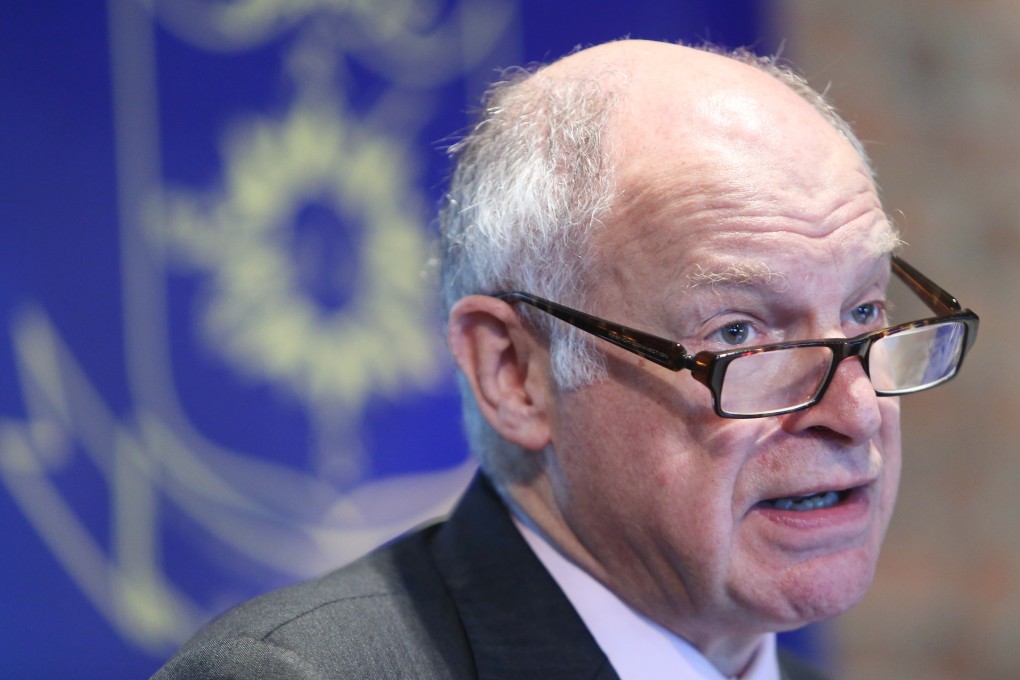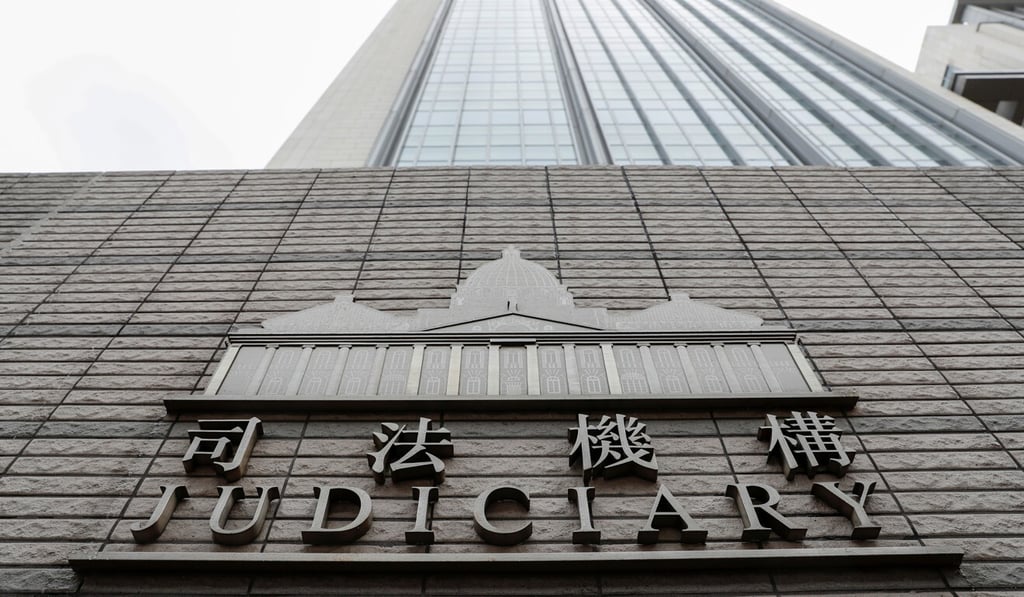My Take | Loss of overseas judges would have devastating impact on Hong Kong
- Their withdrawal would play into the hands of those who would like to see the courts become servants of the government rather than independent guardians of the law

The renewal of contracts for three overseas judges on the Court of Final Appeal last month attracted little attention in Hong Kong but has sparked a lively debate in Britain.
Lord Neuberger and Lord Walker, from the UK, were given new three-year terms to serve part-time on the city’s top court, along with Mr Justice Murray Gleeson from Australia.
The extensions come as Britain considers withdrawing its judges. A decision appears to be imminent, amid clashes between London and Beijing over the national security law, mass arrests of opposition figures, and electoral reforms.
Last week The Times ran an editorial calling on Britain’s 10 non-permanent Hong Kong judges to resign and to insist they will “no longer lend their authority to a compromised system, and demand that independent justice be restored to Hong Kong”. It argued the presence of these renowned judges gives the city’s legal system a veneer of legitimacy it no longer deserves.

One of the judges, Lord Sumption, hit back with an opinion piece in the same newspaper highlighting the commitment of Hong Kong’s judiciary to judicial independence and declaring he will stay.
British officials and judges should be aware of the devastating impact the withdrawal of their judges would have on Hong Kong. The judges serving on the top court are among the best in the world. Their experience and expertise has contributed greatly to the quality of the Court of Final Appeal’s rulings. Britain might reflect on some of the key decisions made by their judges that have upheld rights in the city.
